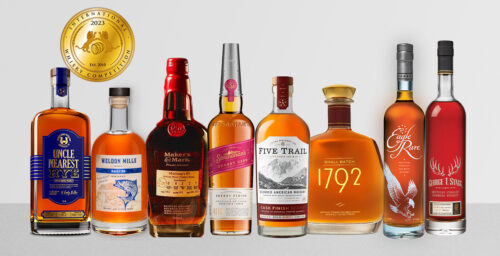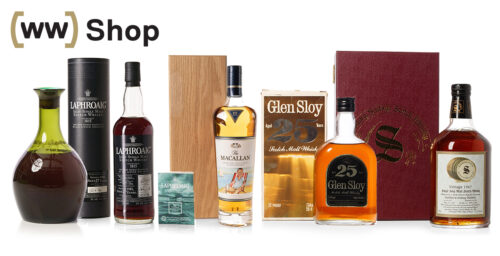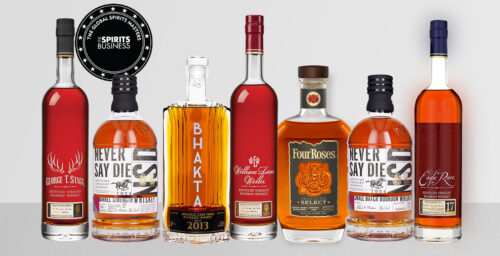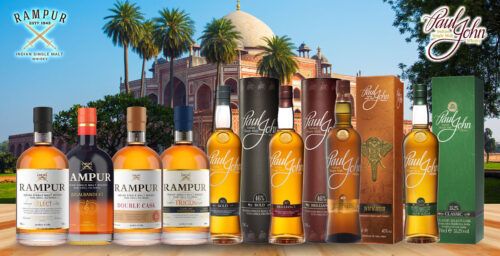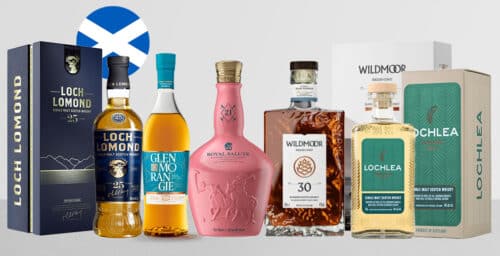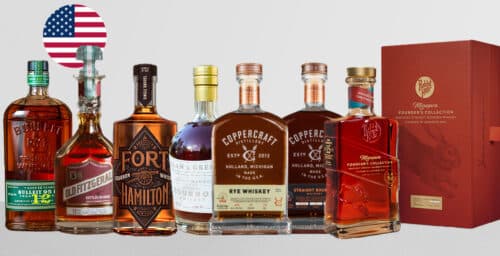Editor’s Note: This guest piece comes to us courtesy of Rupert Patrick from WhiskyInvestDirect.
Scotch whisky is the world’s most aspirational spirit. It sells over 100 million cases at the rate of 36 bottles per second. Sales have been growing at around 1.5% worldwide since the mid 1970s, and Scotch whisky is now sold in over 150 export markets, 27 of which consume more than half a million cases annually.
Little wonder Scotch is profitable: gross profit margins on brands are often over 50%, and the historic returns for those who mature the spirit in barrel, up until the point of bottling, are also attractive at over 7% per year.
There’s no sign of Scotland’s largest food and drink export losing this high profitability or its strong position at the top of the spirits premier league. Investing in Scotch whisky is, however, problematic.
The leading producer, Diageo, makes approximately 30% of its total sales in Scotch. So buying shares in Diageo (LON:DGE) exposes you to their entire portfolio of drinks, and of course their management. That could be a good thing, but it’s not a ‘pure play’ in Scotch. Pernod Ricard (FRA:PER) offers the same dilemma, and then all of the next biggest Scotch whisky companies are either privately owned or, in the case of Edrington (Famous Grouse and The Macallan), controlled by a charitable trust.
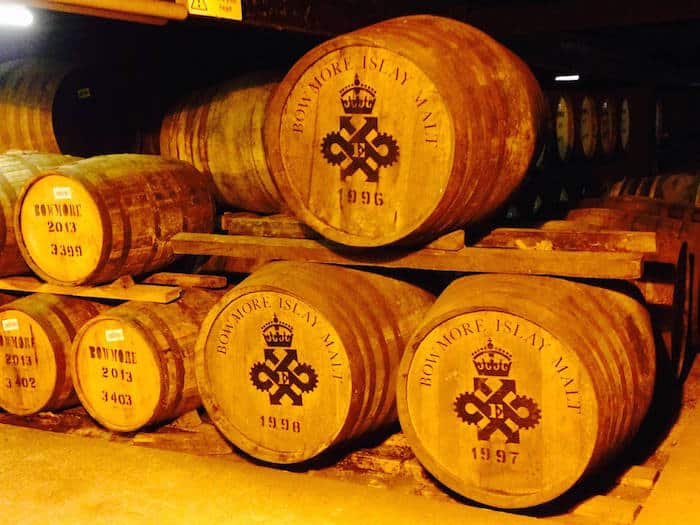
It’s very difficult, therefore, to invest in a company whose profits are influenced predominantly by the fortunes of the Scotch whisky trade. And that’s a pity given how strongly this industry has performed over the long term.
So what can you do to participate, financially, in Scotch whisky? It has always been possible to buy a cask or two of maturing spirit from certain distillers. As the spirit gets older, it tends to get more valuable, but most cask purchase schemes are expensive. The cost of purchase often includes ten years of upfront storage charges, and prices are based on future retail prices rather than the much lower production cost. (It’s surprisingly cheap to make whisky.) Cask schemes should be considered a fun but, most likely, uneconomical way of securing a future supply of single malt.
Another way of participating in Scotch is to buy the finished articles, rather than the raw material. The big watch-out here is that whisky, unlike wine, does not improve once it is in the bottle. So a bottled ten-year old single malt will always be a ten-year old, and won’t be more delicious after the extra few years in bottle. There is a potentially attractive upside for investors who buy the ‘right’ bottles. If a particular bottling, say a twenty-year old expression of a leading brand, becomes scarce then collectors’ demand may well push prices up. Over the last five years the levels of activity of Scotch whisky at auction, both online and offline, have been growing rapidly.
But given that the average price of a bottle of whisky sold at auction dropped by 2% between 2014 and 2015 it’s clear that you need to know what you are doing to make this type of investment pay. Furthermore, it’s important to understand that the overall size of the whisky auction market is tiny (<£10m) even compared to wine (>£220m).
There are, however, new ways of participating, financially, in Scotch whisky. WhiskyInvestDirect exists as a new trading mechanism for maturing Scotch whisky where investors can buy, hold and sell a wide range of single malt and grain whiskies from Scotland’s leading and well-known distillers. The purpose is not to buy it to bottle and drink. It’s simply a way of investing in an appreciating asset that historically has produced net returns of over 7% per year from the moment it is distilled until it is bottled.
Rupert Patrick – Co-founder and CEO of WhiskyInvestDirect, Rupert Patrick has 25 years’ experience in the whisky business. Starting in brand-building and exports at medium-sized private firm Ian Macleod Distillers, he ran $200m of all spirit sales in emerging markets at Beam (now part of Suntory), before leading New Business in Africa – managing brands such as Johnnie Walker, White Horse and Vat 69 worth $100m per year – at Diageo until 2014.

